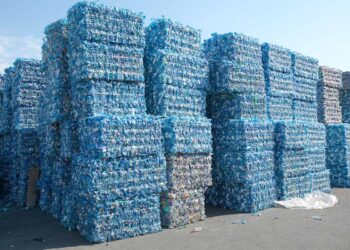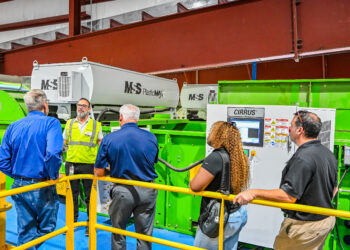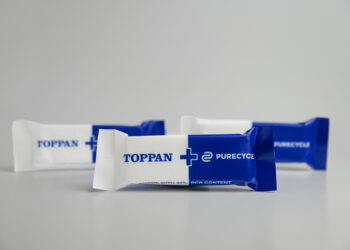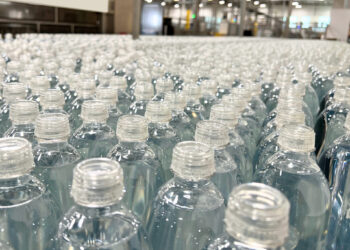Instead of separating fiber and PE, two British companies are producing a mixed PE-fiber recycled resin, and the growing potential for rPET in nonwoven fabrics is explored.
Plastics recycling in space: Firmamentum, a Bothell, Wash.-based company, has built a 3-D printer capable of recycling plastic items back into filament, which is used by the same machine to create new objects, geekwire.com reports. NASA has shelled out $750,000 for the equipment, which is designed to produce filament without regular intervention by astronauts and to minimize degradation of the polymer during repeated melt and extrusion cycles.
A plastic lumber breakthrough: A story on Rutgers Today explores the research of Rutgers University professor Thomas Nosker into recycled plastic lumber. More than 30 years ago, Nosker began exploring the use of PET and HDPE plastics in lumber products and today he says he’s at work on producing a plastic from graphite used in pencils.
Bioplastic from agave: Byproducts from tequila production could end up as bioplastics in Ford vehicles. Environmentalleader.com reports that Ford Motor Co. and Jose Cuervo have teamed up to develop a bioplastic from the remnants of agave fibers after the plants’ juice is extracted.
Resin with fiber: Two British companies have partnered up to develop a new resin made from disposable coffee cups. Plastics Technology says instead of separating the paper from the plastic lining during the recycling process, the new plastic actually incorporates the fiber.
RPET in nonwovens: Industrial fabric equipment company Groz-Beckert highlights the growing potential for the use of recycled PET in nonwoven fabric applications, according to Sustainable Nonwovens. The company notes a two-liter PET bottle weighing about 40 grams can be turned into a square meter of nonwoven fabric, available for use in sanitary and incontinence products.
Refining recycled resin characteristics: The engineering director for MBA Polymers discusses how his company works with customers to produce recycled ABS, PS, PP, PE and PC/ABS meeting their needs, even adding processing steps and formulating new additives when necessary. As an example, MBA Polymers produced a recycled resin suitable for a Class A molded surface, a realm that has traditionally relied on virgin plastics.
Plastic-metal cans: The Association of Plastic Recyclers (APR) says plastic cans with metal lids are a contaminant because there’s no practical solution for separating the two materials for recycling. The group encouraged packaging producers to work with it to design recyclable and sustainable packaging.
New recycling line: Starlinger & Co. has released the latest model in its recoStar Dynamic line of plastics-recycling lines, the recoStar Dynamic 2015, which is highly automated and energy efficient. The recoStar Dynamic line of equipment is particularly well-suited to handling wet and highly contaminated plastics, including agricultural films.



























